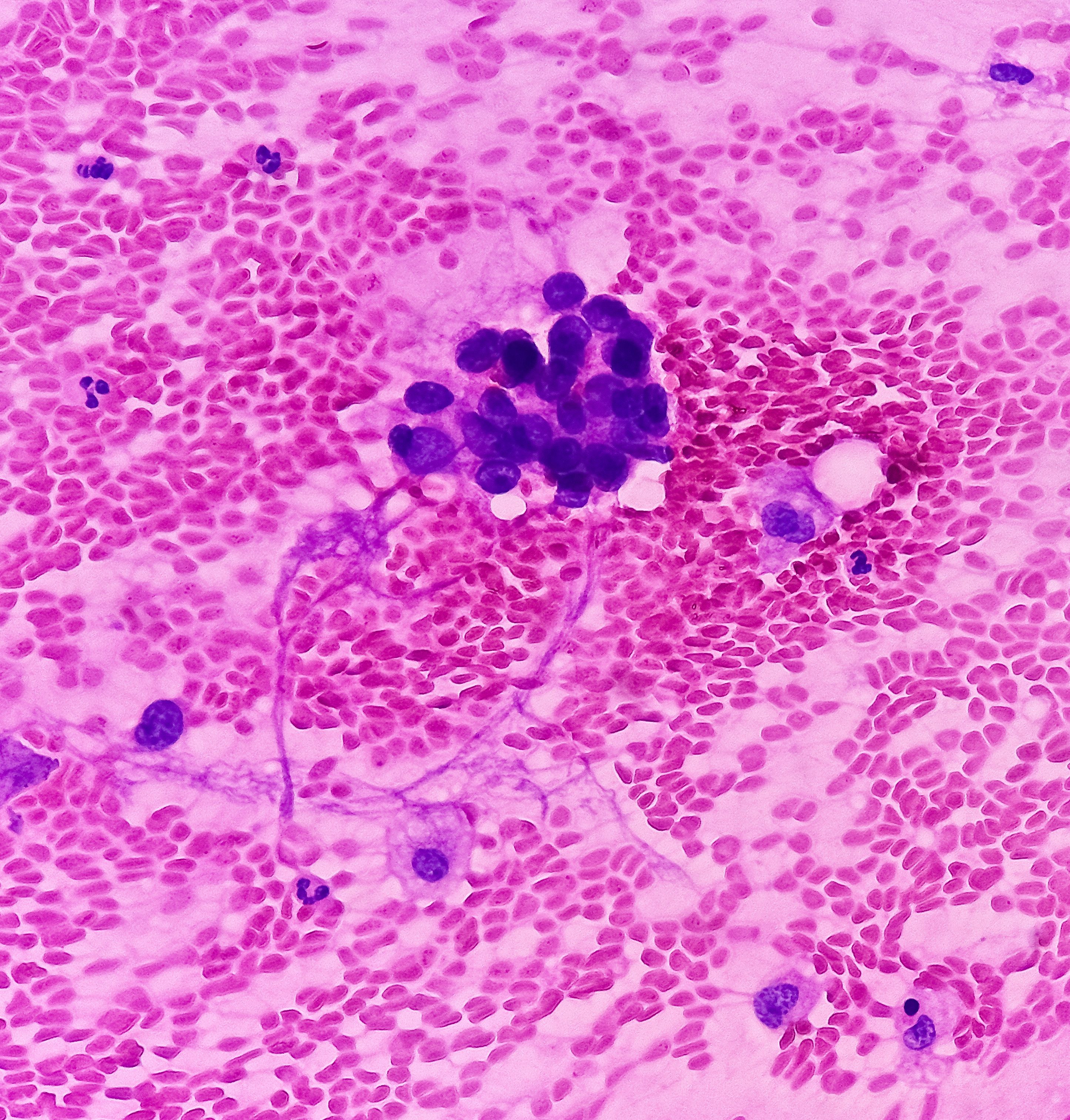
Lung Cancer
Latest News
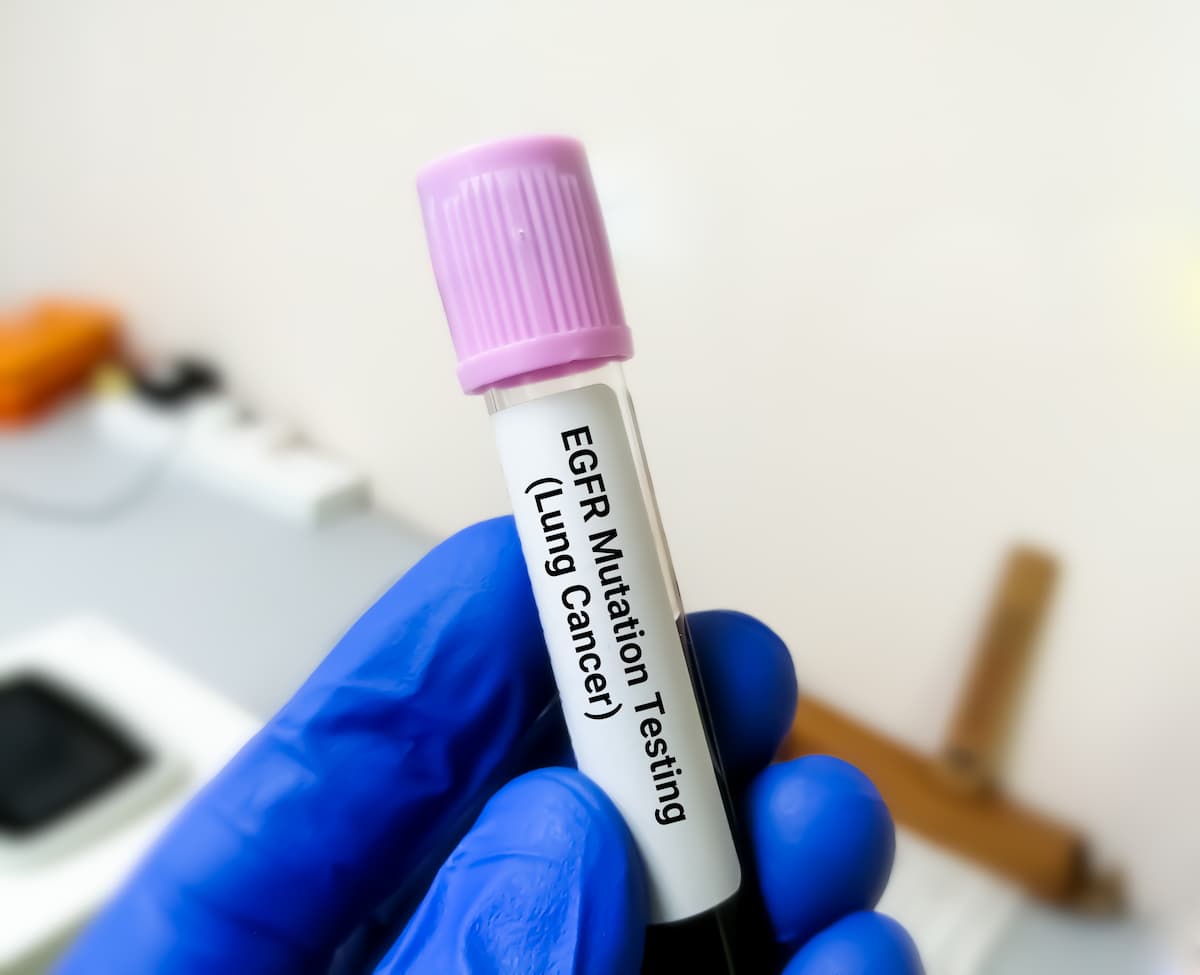
Latest Videos

CME Content
More News

Corrine Stahura, PharmD, and Sophia Gilardone, PharmD, BCOP, discuss recent clinical trial data and evolving guideline recommendations for HER2- and HER3-directed antibody-drug conjugates (ADCs) in non–small cell lung cancer (NSCLC), highlighting differences in efficacy, safety, and patient selection criteria.

Corrine Stahura, PharmD; and Sophia Gilardone, PharmD, BCOP, discuss how patient- and treatment-related factors influence the risk of severe toxicity with antibody-drug conjugates (ADCs) in non–small cell lung cancer (NSCLC).

Corrine Stahura, PharmD; and Sophia Gilardone, PharmD, BCOP, discuss the distinct adverse effect profiles of HER2- and HER3-targeted antibody-drug conjugates—particularly the risk and management of interstitial lung disease—and offer practical guidance based on clinical trial data and treatment protocols.

Emrelis is a groundbreaking treatment for advanced non-small cell lung cancer, targeting high c-Met protein overexpression.

Biomarker testing transforms non-small cell lung cancer treatment, enhancing outcomes through targeted therapies and next-generation sequencing for better patient care.

Zoldonrasib, a novel oral KRAS G12D-selective inhibitor, demonstrated promising safety and early antitumor activity in patients with previously treated non–small cell lung cancer (NSCLC), offering a potential new targeted therapy for this underserved population.

Though new treatments offer hope, careful monitoring and understanding of risks remain essential for their success.

Shelby Quinn, PharmD, BCOP shares insights about treatment using osimertinib in early lines.

Mya Tran, PharmD, BCOP, offers insights for navigating the complex treatment landscape for non-small cell lung cancer.
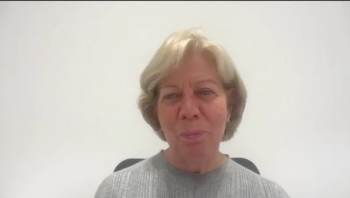
Enriqueta Felip, MD, PhD, discussed the benefits of subcutaneous pembrolizumab for patients with metastatic non–small cell lung cancer.

Nicolas Girard, MD, explains the benefits observed in the MARIPOSA clinical trial among patients with epidermal growth factor receptor (EGFR)-mutated non-small cell lung cancer (NSCLC) treated with amivantamab plus lazertinib.

The antibody-drug conjugate is currently undergoing evaluation in a phase 1 trial that enrolled patients with pancreatic cancer and squamous non-small cell lung cancer (NSCLC).

PD-L1 immune checkpoint inhibitors are now standard for early-stage non-metastatic non-small cell lung cancer (NSCLC), with neoadjuvant, adjuvant, and perioperative strategies improving survival and outcomes.

Megan May, PharmD, BCOP, FHOPA, FAPO, discusses lurbinectedin and tarlatamab and what ongoing research in the small cell lung cancer (SCLC) space entails.

After decades without improvements, an expert with Baptist Health described the small cell lung cancer (SCLC) space as “exciting” following multiple innovations in the past few years.

Tarlatamab was approved by the FDA in May 2024 for patients who progressed after platinum-based chemotherapy.

The Western diet was associated with increased risk of lung cancer.
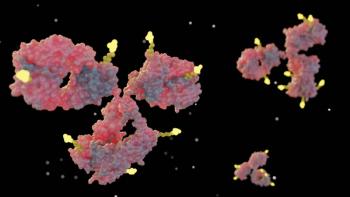
Trastuzumab Rezetecan Is Safe, Efficacious for Patients With HER2-Mutated Non-Small Cell Lung Cancer
Trastuzumab rezetecan is a novel antibody-drug conjugate.

Glecirasib is a potent oral inhibitor of KRASG12C.

The administration of immunotherapy in adjuvant, neoadjuvant, and perioperative settings offers distinct benefits and challenges in resectable cancers, with recent clinical trials highlighting its potential to improve long-term outcomes and the need for further research into biomarkers and combination strategies.
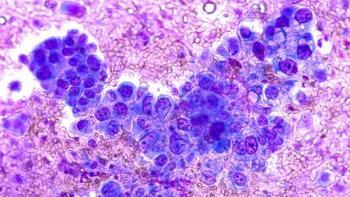
Priority review status will allow for expedited development of zongertinib, putting it on the path toward approval as the first in a new class of drugs for mutated NSCLC.
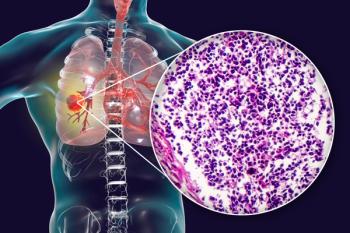
Second-line and later treatment options for small cell lung cancer are limited.

DLL3 is an emerging therapeutic target in small cell lung cancer and other neuroendocrine carcinomas, with 1 FDA-approved therapy and several others under investigation.
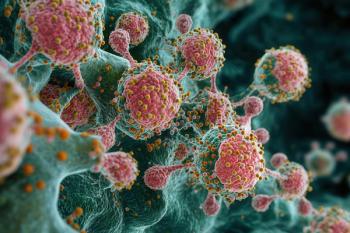
The cancer cells developed their own electrical network similar to neural behavior seen in the brain.

Up to 61% of all non-small cell lung cancer (NSCLC) cases harbor EGFR mutations.


